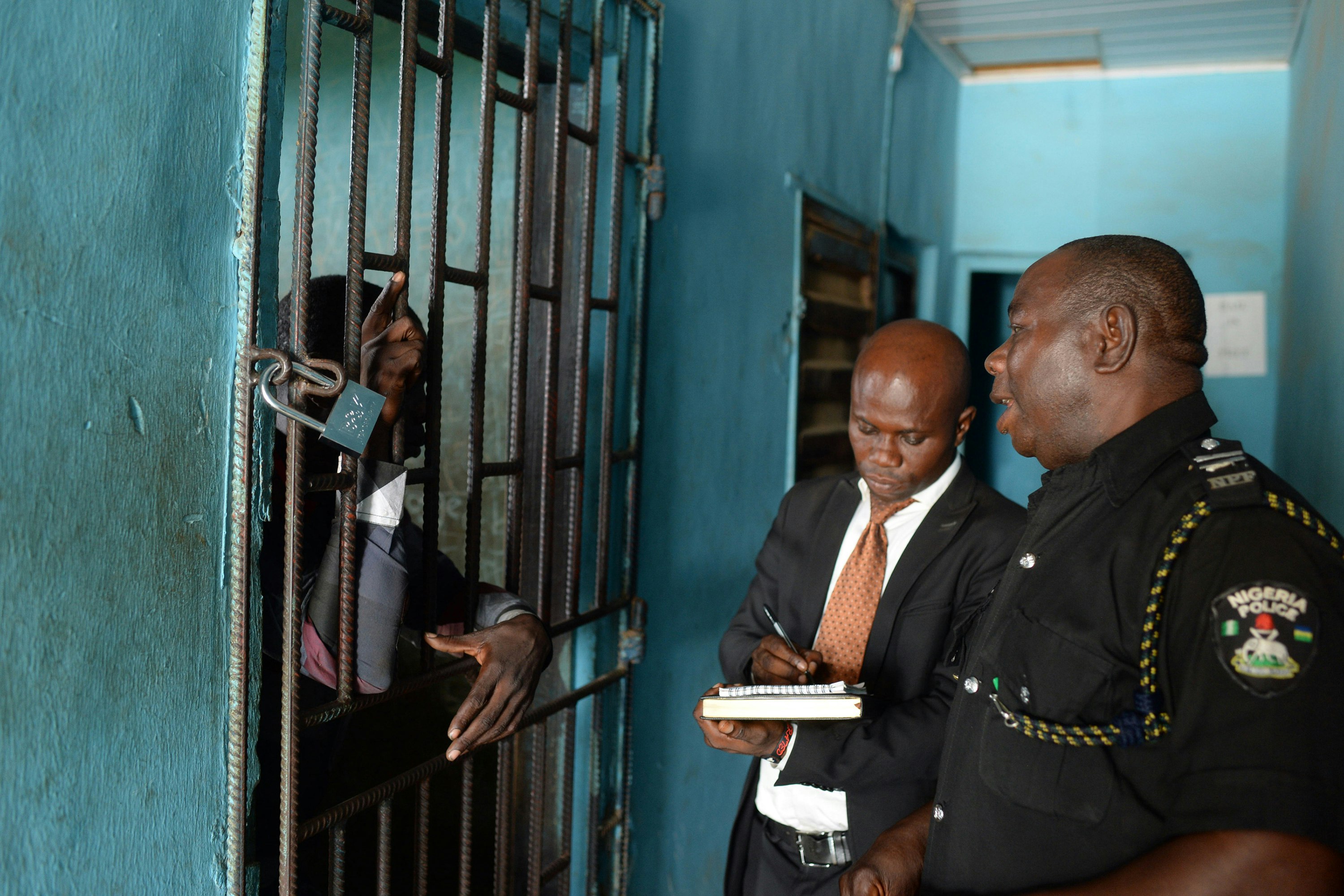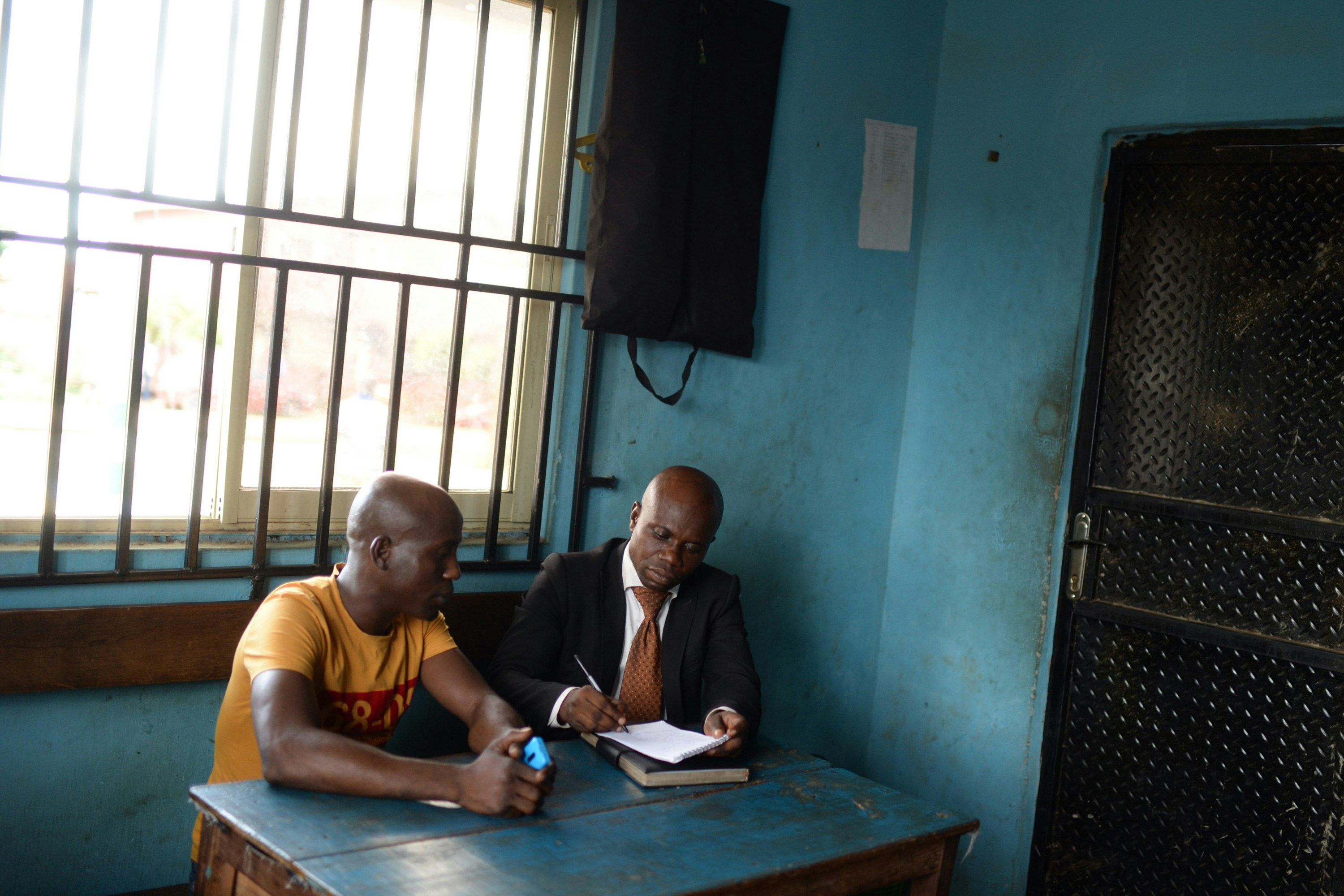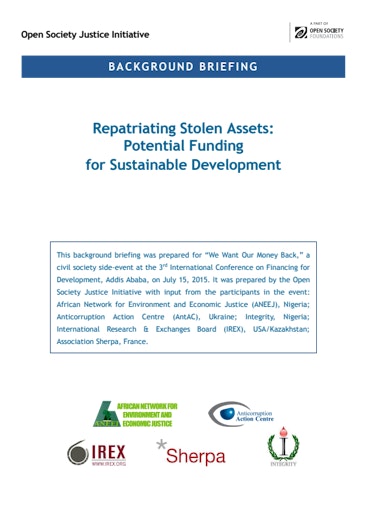Anyaele v. Taylor
Challenge to Asylum for Indicted Head of State
Charles Taylor, former President of Liberia, was granted safe haven in Nigeria, despite having been indicted for war crimes and crimes against humanity by the Special Court for Sierra Leone. Two survivors of wartime Sierra Leone initiated legal proceedings before the Federal High Court in Abuja seeking to lift the asylum granted to Taylor by Nigeria's president. (Keywords: War Crimes - Impunity - Victims)
Facts
On May 13, 2004, Emmanuel Egbuna and David Anyaele, two survivors of wartime amputations at the hands of Charles Taylor-supported rebels in wartime Sierra Leone, initiated judicial review proceedings before Nigeria's Federal High Court in Abuja seeking the lifting of asylum granted to Taylor by Nigeria's President.
The applicants argued that as a person indicted for war crimes and crimes against humanity before an international court, Taylor was not eligible for asylum status, which provides him from immunity from suit. Taylor declined to enter appearance in or contest the suit. In response to the proceedings, Nigeria's federal government filed a formal objection to the standing of the two amputees to initiate the case.
Open Society Justice Initiative Involvement
The Open Society Justice Initiative was granted leave to intervene and filed formals briefs of appearance and argument in the case.
Arguments
The Justice Initiative argued that international law requires that persons accused of crimes against humanity and war crimes be brought to justice and that there is a duty on states to deny refuge to persons accused of the most serious international crimes.
Exclusion is required when there is “clear and credible evidence” that an individual has committed serious crimes. Charles Taylor, accused of serious international crimes by the Special Court for Sierra Leone, should thus be denied refuge in Nigeria and extradited to the Special Court to stand trial.
The Federal High Court declares the case moot following Taylor’s arrest.
Charles Taylor is arrested and transferred to the Special Court for Sierra Leone.
The Nigerian government files an appeal against the High Court decision with Nigeria’s Federal Court of Appeals. It follows up this appeal with an application to the High Court for a stay of proceedings in the remedies phase of the High Court case.
The Federal High Court delivers a ruling that the case should proceed. The Court finds that the claimants made an allegation of injury by Taylor and so long as the government’s grant of asylum raises an obstacle to their claims against Taylor, they have standing to challenge his asylum status.
Open Society Justice Initiative files an amicus curiae brief to the Federal High Court of Nigeria, Abuja Division.
Related Cases
Related Work
Volunteer Lawyers Give New Direction to Nigerian Legal Aid Initiative
In the town of Ikorodu, local lawyers are delivering free legal aid to detainees within 48 hours of arrest and joining an effort to steer people charged with nonviolent crimes away from unnecessary detention.

Nigeria’s Legal Aid Lawyers Win Police Recognition
A legal aid scheme that targets Nigeria’s excessive use of pretrial detention is primed to expand across the country.

Repatriating Stolen Assets: Potential Funding for Sustainable Development
This background briefing was prepared for “We Want Our Money Back,” a civil society side-event at the 3rd International Conference on Financing for Development, Addis Ababa, in July, 2015.
